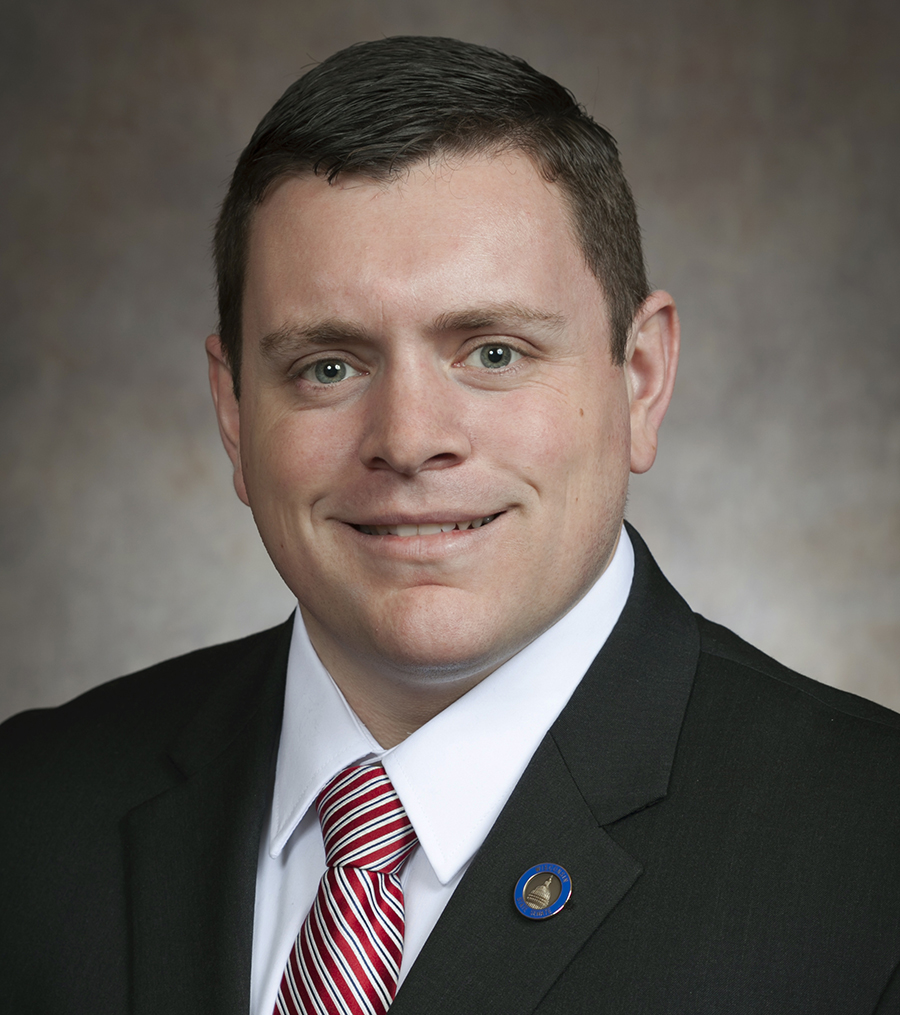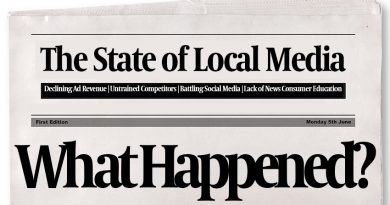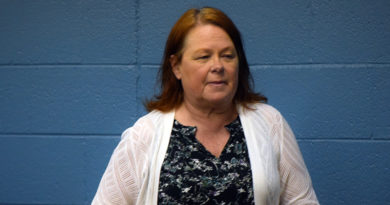Column: ‘Fake news’ is only a concern if you support it
By Lisa Pett
We have a serious news problem in this country.
And before you cry, “Fake news,” let me reassure you that false news, lack of factual reporting, or opinions paraded as facts are not the real issues.
The real issue is that the public is increasingly unable to tell fact from fiction. Media consumption has changed so rapidly in the last 30 years that many people who grew up with subscriptions to daily papers and regular nightly network newscasts have become completely incapable, or unable, to discern actual fact-based reporting from propaganda.
And they are, incredible as it seems, more and more unwilling to pay for a product that they claim is a public service. Readers are content to allow a computer algorithm on social media sites to choose what kind of news they see. And they are ready to believe whatever is handed to them without double-checking the source.
News is a product. It is crafted by reporters. Reporters who are out, observing first-hand, and then reporting on what happens locally. They should be able to attend government meetings, gather information, and then go back and write a story that readers subscribe to. Reporters are trained. They aren’t making things up as they go along. They learn how to observe, ask questions, ask follow up questions, write, edit and question everything. They have to make connections in the community. They talk to human sources and seek out vital open records to back up their sources.
News does not just fall like fairy dust into your Facebook feed. Someone needs to create it. Through diligence and hard work.
I shouldn’t have to be telling this to adults. But I am. Because they have forgotten what news actually is. The Internet has led them to believe that news stories are free and that facts they disagree with must be fake, and therefore, untrue.
And as adults lose this ability to discern between fact and opinion, children and teens will grow up in an increasingly digital society without the vital skills they need to participate in our democracy.
Communities are becoming “news deserts,” with locally owned news outlets failing, or being bought out and closed up by giant news corporations who cut staff to the bone. Printing newspapers is becoming cost-prohibitive and redundant as more people consume their news online.
I don’t have all the answers. But I do know that it is up to the CONSUMERS to save the news. There is nobody else who can do it.
Politicians won’t do it. There has been a war waged on news media from top to bottom by politicians of every stripe and party. Undermining the public’s trust in news organizations makes it easier for them to dismiss critical facts about their decisions.
Readers can educate themselves and their kids. Education experts are catching up with improved media literacy curriculum, and media members are working with local schools by volunteering their time and energy into helping kids and teens learn to be savvy media consumers.
Media bias does exist. There are organizations out there that create fake online news to distort issues and confuse voters for fun and profit. So readers are forced to watch for sources that:
- Purposely fabricate or distort news
- Present opinion as fact
- Rely on conspiracy theories
- Traffic in unverified claims
- Consist of state-sponsored propaganda
- Promote racism, misogyny, or homophobia
- Use misleading headlines or images
So what is a reader to do? How do we combat forces we cannot see, who use our packaged social media data to twist our own beliefs to their benefit? There are a couple of fairly easy things you can do.
Ask questions:
- Does the headline sound believable?
- Check the URL (that’s the .com and the .gov)
- Compare competing news sources
- BE YOUR OWN FACT CHECKER (check Snopes, Politico, Politifact)
- Follow up on cited sources (if a source is mentioned, or a paper cited, look it up)
- Break your own bubble. If you only read items you like, that’s what you’ll get
- Above all DON’T RELY ON FACEBOOK for your news.
Support the News Literacy Project. Don’t be afraid to question your own beliefs. Accept your own biases and understand that the facts may not always agree with you. The last thing you can do, and the most important is to SUPPORT local news. Subscribe to a paper or website, even if you may not agree with everything they write. Disagree with other opinions, but support facts.
Pett is a former full-time journalist who works for the Portage Co. Library. She lives with her husband and children in Hull.




